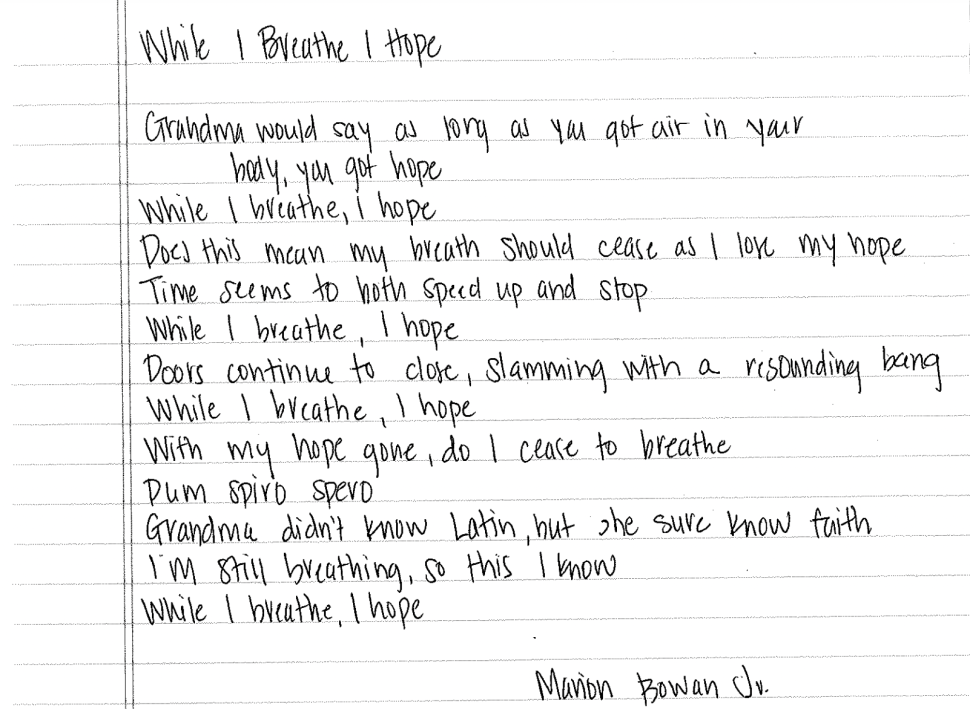
Marion Bowman Jr., a South Carolina death row inmate who has spent more than two decades proclaiming his innocence, left behind a chilling message, "I did not do it," just days before his execution.
Bowman, 44, was executed by lethal injection Friday for the 2001 murder of 21-year-old Kandee Martin. While he acknowledged selling drugs to Martin, he maintained he did not kill her.
"I am so sorry for Kandee and her family, but I did not do it," Bowman wrote in a lengthy letter posted online. "Her family has suffered a loss that can not be undone... but this is my truth."
Bowman was the first U.S. inmate executed in 2025. Another four inmates face execution before Feb. 13.
Prosecutors argued that Bowman killed Martin over an unpaid drug debt and presented witnesses who claimed they heard him threaten her life. Martin's body was found in the trunk of her burned car, shot twice. A key witness at trial was Bowman's cousin, who testified against him in exchange for a reduced sentence.
Bowman insisted his cousin later admitted to another inmate that he was the real killer.
"I have done some things in life I regret," Bowman wrote. "I regret the role I had in dealing to Kandee and know that her addiction probably led to her death. But I did not do this."
Martin's family remains unconvinced. "There is absolutely no part of us that believes any of the stories he's saying," Lisa Martin, the victim's sister-in-law told USA Today. "What was left of Kandee is in a coffin in the ground so how dare he feel sorry for himself."
Bowman's legal team has previously argued that racial bias tainted his trial and that South Carolina's execution drug, pentobarbital, may cause undue suffering. Attorney Lindsey Vann contends Bowman's rights were violated when the state refused to disclose critical details about the drug's purity and expiration. A judge denied their appeal last week.
"The only thing I have ever wanted is a fair trial with a lawyer that will listen to me," Bowman wrote. "The Solicitor, Walter Bailey, made an offer to allow me to avoid the death penalty if I would plead guilty and I'd get a life sentence without parole instead. But I was not guilty and would not say I did something I didn't do."

While incarcerated, Bowman became a man of faith and discovered a passion for writing. He penned a poem titled "While I Breathe I Hope," which includes verses: "Doors continue to close, slamming with a resounding bang ... With my hope gone, do I cease to breathe? I'm still breathing, so this I know. While I breathe, I hope."
Every year, nearly 1,000 innocent people, an average of more than two per day, are wrongly convicted and sent to prison, adding to the roughly 11,500 already behind bars for crimes they didn't commit, according to estimates from Baldani Law Group.
Originally published on Latin Times




